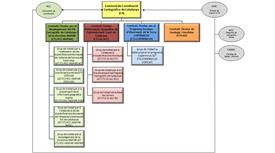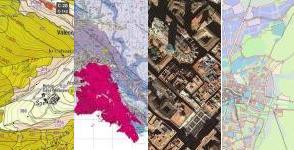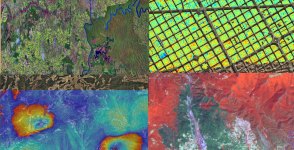The Earth Observation European Programme, previously known as GMES (Global Monitoring for Environment and Security), is named since December 2012, by European Commission's decision, Copernicus, in honour of the european astronomer Nicolaus Copernicus.
In a world facing an increased risk of natural and other disasters, Copernicus aims to monitor the state of the environment on land, at sea and in the atmosphere and also to improve citizens' security. At the same time, Copernicus is a driver for economic growth and employment, with the potential to create up to 85.000 new jobs over the period 2015-2030, according to a recent study.
Copernicus consists of a set of services which collect data and provide information using satellites and terrestrial sensors to observe the environment and the natural phenomena occurring on the planet.
Copernicus enhances our safety in numerous ways, for example by better management of natural disasters, allowing for earlier intervention, thereby helping to prevent loss of life and damage to property. It also delivers reliable information for monitoring and predicting climate change.
Copernicus helps to improve the management of our natural resources, monitors the quality of the atmosphere and the oceans, helps optimise our agricultural activities and promote renewable energy. It allows better planning of our cities by monitoring urban sprawl and easing the flow of transportation.






